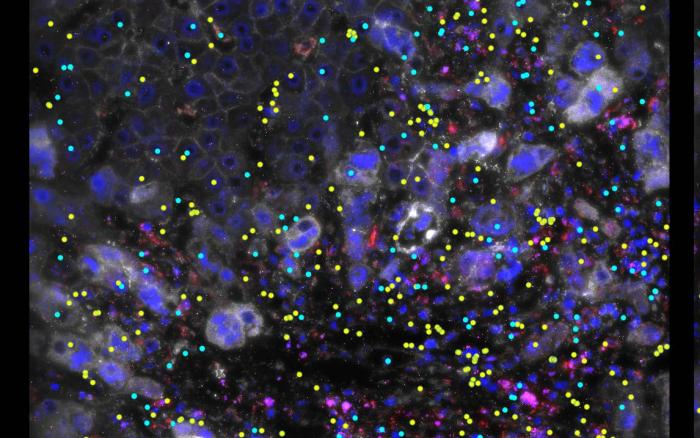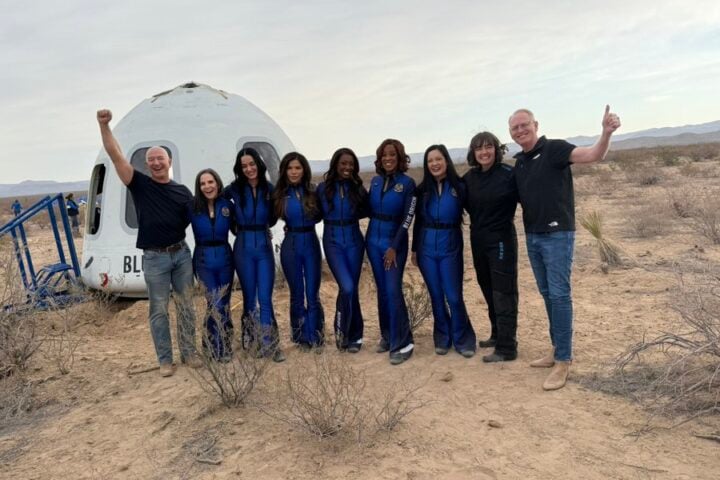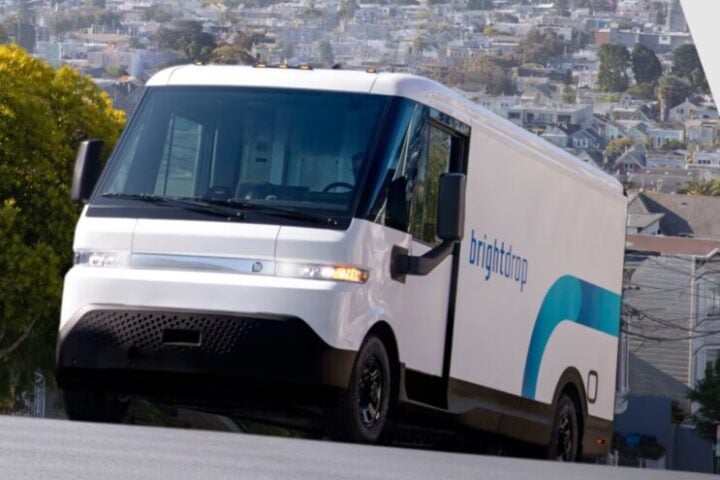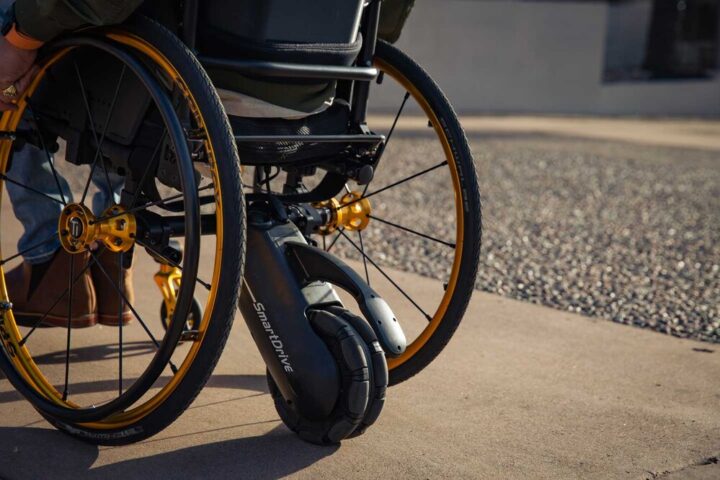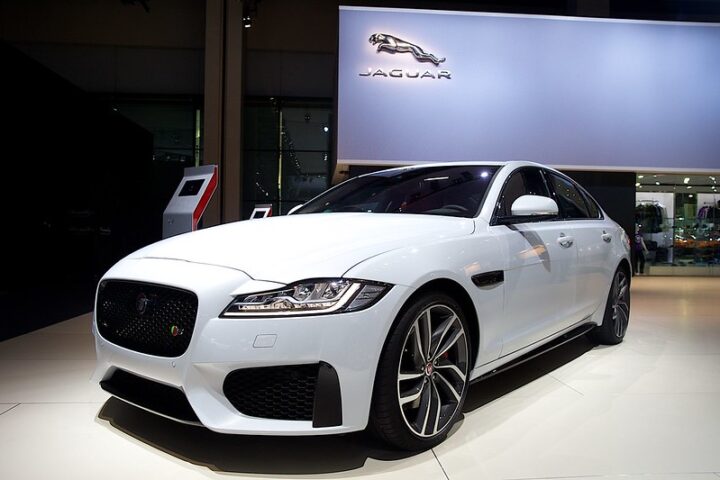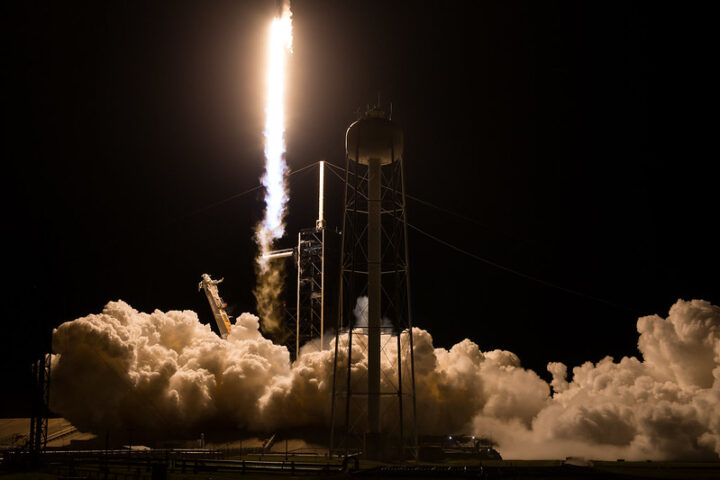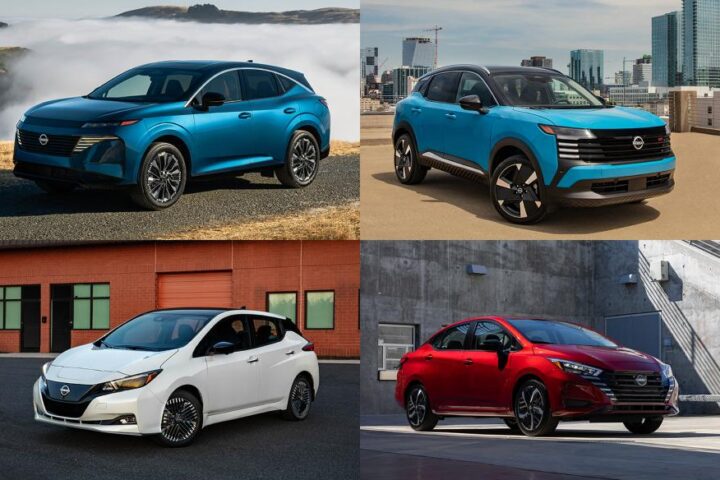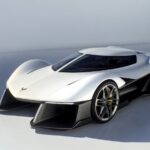Hyundai Motor Company and autonomous driving software company Plus unveiled the first Level 4 autonomous driving Class 8 hydrogen fuel cell electric truck in the United States at the Advanced Clean Transportation (ACT) Expo, the largest advanced clean transportation event in North America, on May 22, 2024. Displayed at the expo was Hyundai’s Xcient hydrogen electric truck equipped with Plus SuperDrive™ Level 4 autonomous driving technology, a collaborative result between Hyundai and Plus.
The Level 4 autonomous driving Xcient Fuel Cell Truck is currently undergoing initial autonomous driving evaluations in the United States. This marks the first Level 4 autonomous driving test of a Class 8 fuel cell electric truck in the United States.
Martin Zeilinger, Hyundai Motor Company’s Head of Commercial Vehicle Development, stated, “Hyundai Motor has been driving the energy transition paradigm with our advanced fuel cell technologies. By adding autonomous capabilities to our world’s first mass-produced hydrogen-powered XCIENT Fuel Cell truck, Hyundai is looking forward to providing fleets and vehicle operators additional solutions that enhance road safety and freight efficiencies thanks to Plus’s industry-leading autonomous driving technology.”
Hyundai first introduced the Xcient hydrogen electric truck in 2020, which has since conducted commercial operations in eight countries worldwide, accumulating successful performance records in commercialization and technological reliability.
At last year’s ACT Expo, Hyundai presented the Xcient Fuel Cell Tractor, a Class 8 6×4 fuel cell electric vehicle model powered by two 90 kW hydrogen fuel cell systems and a 350 kW electric motor, offering a range of over 450 miles on a single charge.
Plus’s SuperDrive™ solution is deployed throughout the United States, Europe, and Australia, utilizing a combination of state-of-the-art sensors to provide autonomous driving capabilities.
Hyundai Motor Company is stepping up its hydrogen logistics transportation value chain business in the North American region. They are enhancing the sale of hydrogen electric trucks and conducting tests for Level 4 fully autonomous driving hydrogen electric trucks in collaboration with autonomous driving technology company ‘Plus.’
Similar Posts
Hyundai plans to build a comprehensive hydrogen commercial mobility value chain,’ which goes beyond vehicle sales and includes hydrogen supply and charging station construction, leasing, financing, and maintenance services, starting with this project.
Hyundai has started Level 4 autonomous driving tests for the Xcient hydrogen electric truck, the first in the US, with autonomous driving technology company ‘Plus.’ They are currently conducting tests with Level 4 autonomous driving systems installed locally in the US, with plans to provide solutions for accident reduction and cargo transportation efficiency enhancement.

